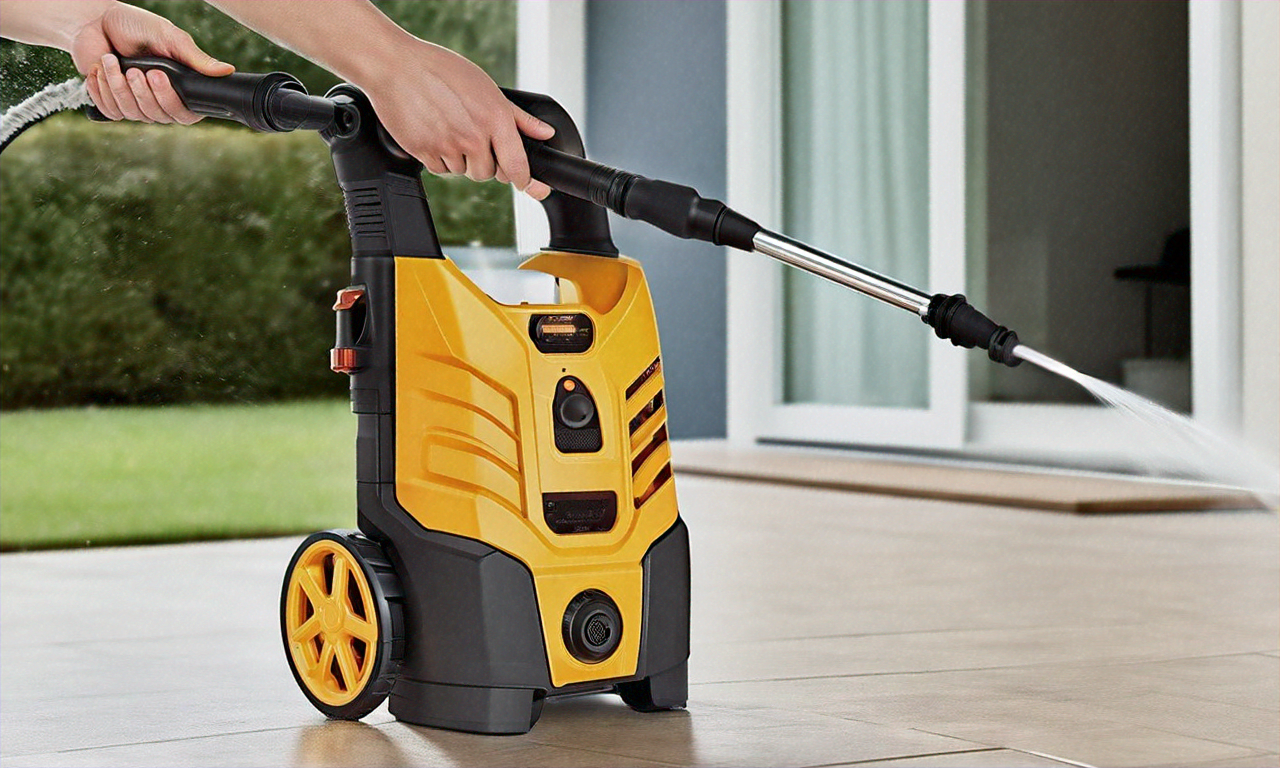DIY Pest Control: Effective Home Solutions to Eliminate Unwanted Pests
Pest infestations can quickly turn a peaceful home into a stressful environment. From ants marching across kitchen counters to rodents scurrying through walls, unwanted pests not only cause property damage but also pose health risks. While professional exterminators offer valuable services, many household pest problems can be effectively managed through do-it-yourself approaches. This comprehensive guide explores practical, cost-effective home solutions for pest control that empower homeowners to tackle common infestations safely and effectively.

Understanding Common Household Pests
Before implementing any pest control strategy, it’s essential to correctly identify the invaders. Different pests require different treatment approaches. Ants typically enter homes seeking food and water, while rodents look for shelter and nesting materials. Cockroaches thrive in warm, moist environments with access to food, while bed bugs hitchhike on luggage or furniture. Termites silently damage wooden structures, and flies breed in decomposing organic matter. By understanding the behavior and preferences of these common pests, you can target your control methods more effectively and prevent future infestations.
Preventive Measures for DIY Pest Control
Prevention forms the foundation of effective pest management. Start by eliminating entry points—seal cracks in foundations, install weatherstripping around doors and windows, and repair damaged screens. Keep your home clean by regularly vacuuming, wiping surfaces, and promptly addressing spills. Store food in airtight containers and take out trash frequently. Reduce moisture by fixing leaky pipes and ensuring proper ventilation in bathrooms and kitchens. Maintain your yard by trimming vegetation away from your home’s exterior, removing leaf piles, and keeping firewood elevated and away from structures. These simple preventive measures significantly reduce the likelihood of pest problems.
Natural Remedies for Home Pest Control
Many homeowners prefer eco-friendly pest control solutions that avoid harsh chemicals. Diatomaceous earth, a powder made from fossilized algae, effectively kills insects with exoskeletons by dehydrating them. Essential oils like peppermint, tea tree, and eucalyptus repel various pests—simply mix with water in a spray bottle and apply to entry points. Vinegar solutions clean surfaces while deterring ants and other insects. Boric acid, when used carefully away from pets and children, eliminates cockroaches and silverfish. Beneficial nematodes in garden soil control outdoor pests naturally. These natural alternatives provide effective pest management while minimizing environmental impact.
How to Get Rid of Specific Pest Problems
Different pests require targeted approaches for elimination. For ant infestations, follow trails to entry points, clean with vinegar solutions, and use borax-based baits. Combat cockroaches by eliminating food sources, sealing entry points, and placing boric acid in hidden areas. Address rodent problems by sealing entry holes, setting traps, and removing attractants. Manage bed bugs through thorough cleaning, high-heat laundering, and specialized treatments. Control flying insects with window screens, fly traps, and by eliminating breeding sites. For termites, remove wood-soil contact points, fix moisture issues, and consider professional inspection. These targeted strategies help address specific pest challenges effectively.
DIY Pest Control Products and Tools
The market offers numerous DIY pest control products that homeowners can use effectively. Insecticidal sprays target specific pests and typically work on contact. Baits and traps, including sticky traps, pheromone traps, and poison baits, attract and capture or kill pests. Ultrasonic repellers emit high-frequency sounds that disturb pests while remaining inaudible to humans. Barrier treatments create protective zones around your home. When selecting products, consider factors like effectiveness, safety for household members (including pets), environmental impact, and application requirements. Always read and follow label instructions carefully to ensure safe and effective application.
When to Call Professional Pest Control Services
While DIY methods can effectively address many pest issues, certain situations warrant professional intervention. Consider consulting exterminators when dealing with large or widespread infestations that have established themselves throughout your home. Professional help is also advisable for dangerous pests like wasps, hornets, or poisonous spiders that pose significant health risks. Destructive pests such as termites or carpenter ants that compromise structural integrity require specialized treatments. If DIY methods have failed after multiple attempts or if you’re unsure about the type of pest you’re dealing with, professionals can provide accurate identification and targeted solutions. Professional pest control services offer expertise, specialized equipment, and access to commercial-grade products for comprehensive pest management.
Creating a Long-Term Pest Management Plan
Sustainable pest control extends beyond addressing current infestations to preventing future problems. Develop a seasonal maintenance schedule that includes regular inspections of potential entry points, cleaning routines that eliminate food sources, and yard maintenance to reduce harborage areas. Rotate prevention methods to avoid pest adaptation and resistance. Educate household members about proper food storage, waste management, and early warning signs of pest activity. Document pest sightings and successful control methods for future reference. By implementing a comprehensive, long-term approach to pest management, you can maintain a pest-free home environment while minimizing the need for chemical interventions.
Effective DIY pest control combines proper identification, preventive measures, targeted treatments, and ongoing maintenance. By understanding pest behaviors and implementing appropriate home solutions, most homeowners can successfully manage common pest problems. When infestations exceed the scope of DIY methods, professional pest control services provide valuable expertise and resources. Through consistent preventive practices and prompt attention to emerging issues, you can protect your home from unwanted pests while maintaining a healthy living environment.




